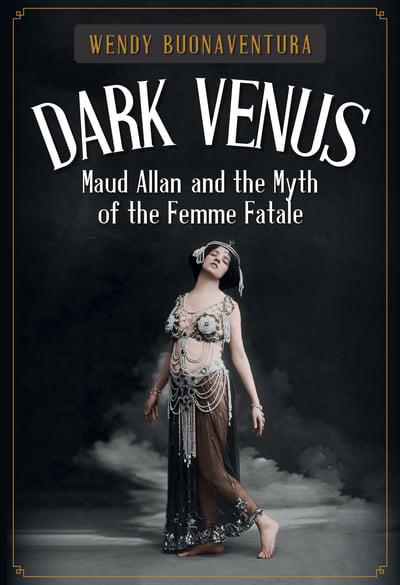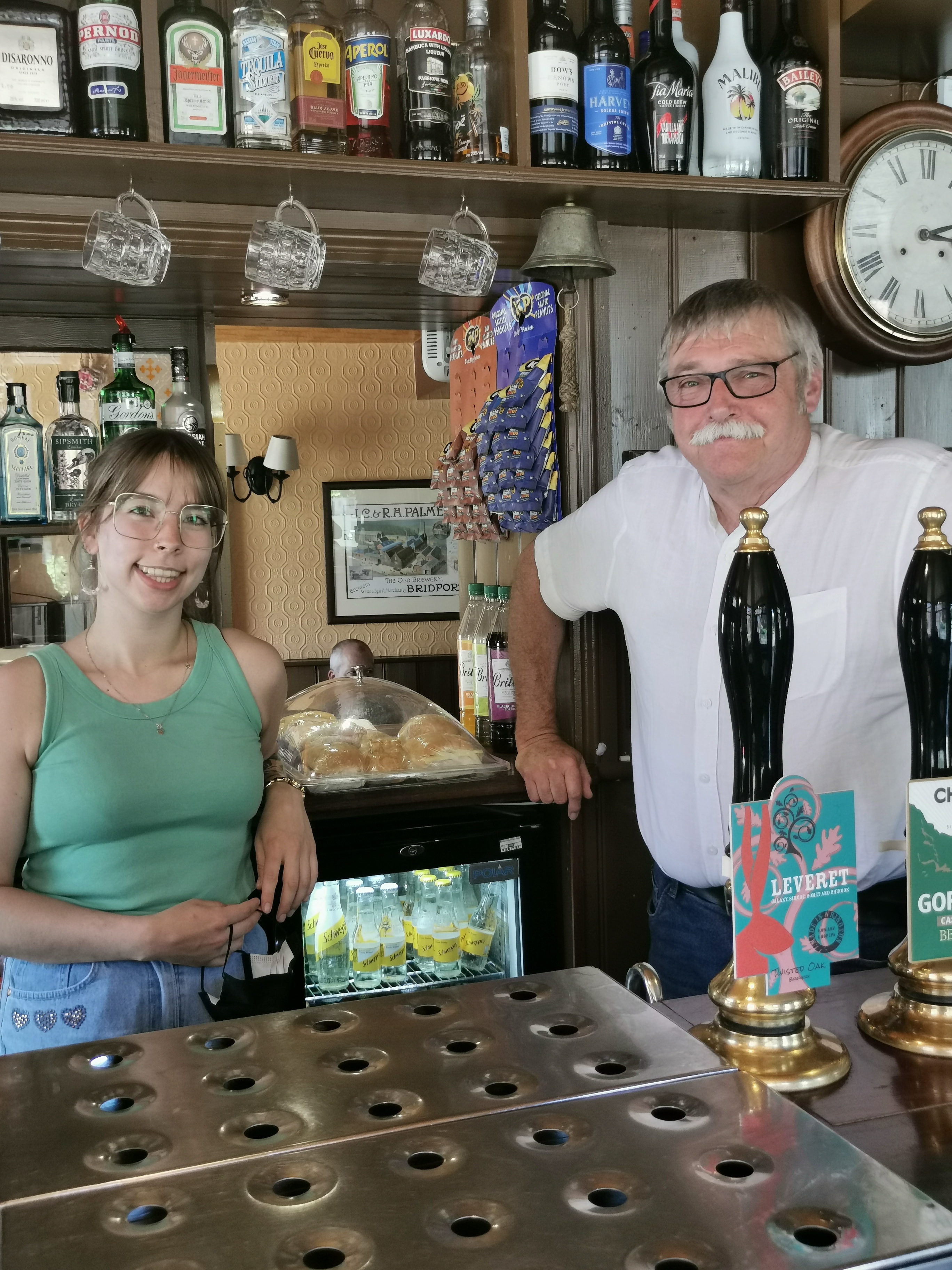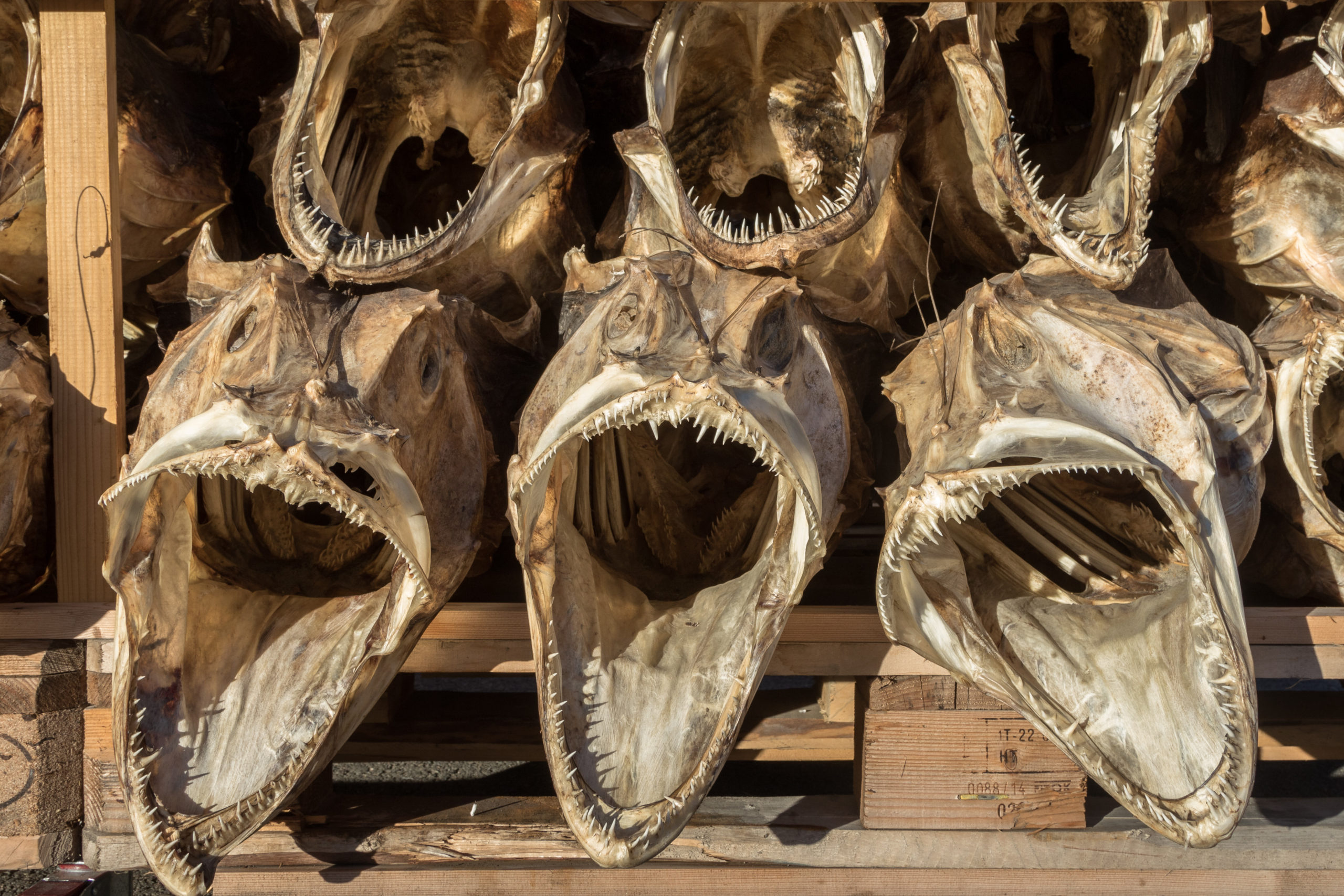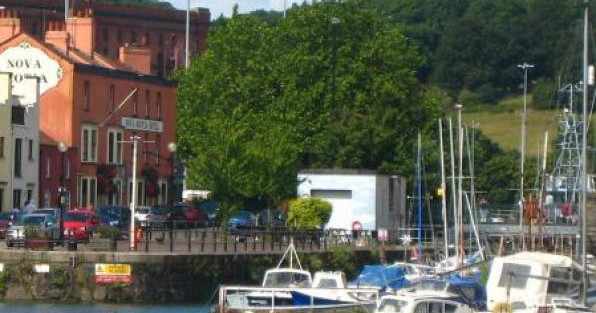DARK VENUS CABARET takes a light-hearted look at some hilarious ideas about women from the past two centuries, via dramatised extracts from my book DARK VENUS and some feisty, defiant songs. DARK VENUS looks at the myth of the femme fatale, the dangerous, irresistible woman. The belief that women are wild and rapacious was especially popular in the 19th and early 20th century in Western culture; in the arts, in science and medicine.
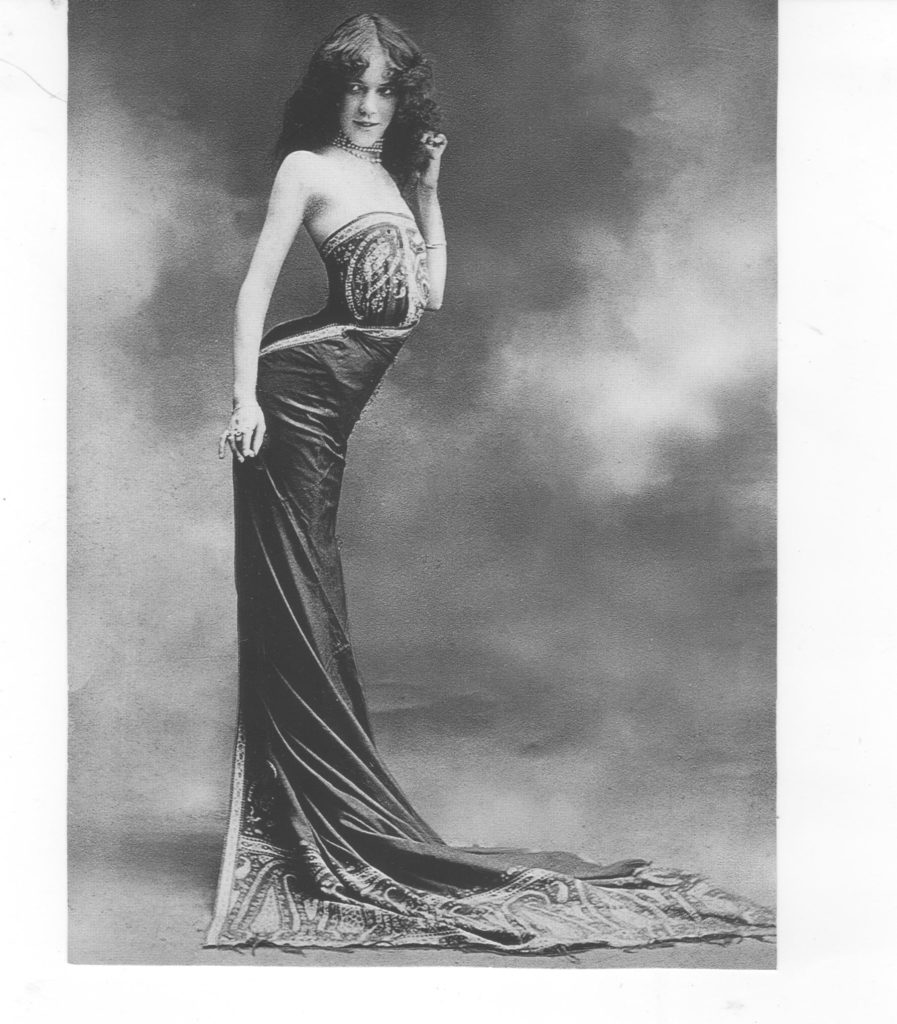
A common Victorian idea was that women are naturally a little ill, both mentally and physically, and need to be controlled via their clothes and freedom of movement. Behind this belief, historically, lay male fear that women are dangerous for their desirability, and that if men are not protected from this, the result will be social chaos.
In the 19th century illness became a sign of refinement as well as a cult. Too much reading was thought to overtax the female brain, while music endangered women’s overwrought emotions and interfered with menstruation and fertility. Women were discouraged from cycling, on the grounds that riding on narrow saddles might even stimulate orgasms. Worst of all was hysteria, among whose entertaining symptoms were both an interest in sex and lack of interest in sex. There was no escape then – all women, to this way of thinking, were hysterics!
We see the tragic legacy of these hilarious beliefs today, in women’s’ hatred of their bodies, in eating disorders and in growing incidences of self-harm. As for fashion: compare Victorian corsets that displaced the inner organs and created all kinds of medical problems with today’s gravity-defying spike heeled shoes, which one woman has described as ‘like walking on razor blades’.
In a 2015 article for the Independent Yasmin Alibhai-Brown wrote: ‘In the dark web of the female psyche lies the desire for pain, self-destruction and annihilation’.
It is nearer the truth to say that centuries of assumptions about women’s dangerous, sick nature continue to poison women’s ideas about themselves, which are the result of internalising bizarre male fears. Whatever the case, belief in the dangerous power of woman the temptress continues to linger on in cultural life the world over.
The DARK VENUS CABARET was first performed in April 2019 in Bristol (UK), before the show was taken to Mallorca (Spain) in October 20219. Due to popular demand, a shortened version of the show is revived for the Hotwells Festival 2021. For more information about the author Wendy Buonaventura and her work, visit www.buonaventura.com.
